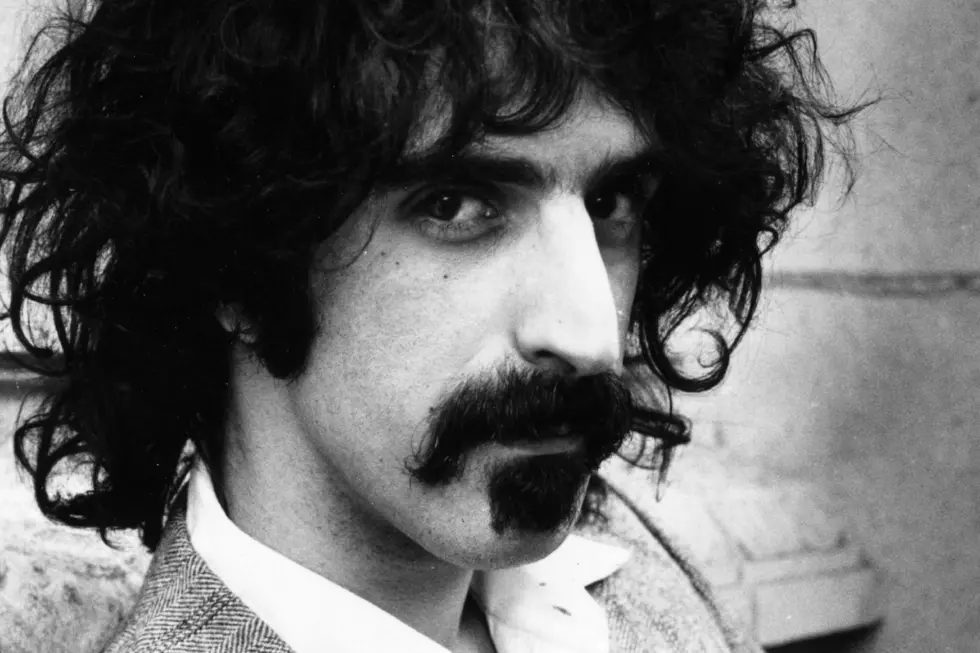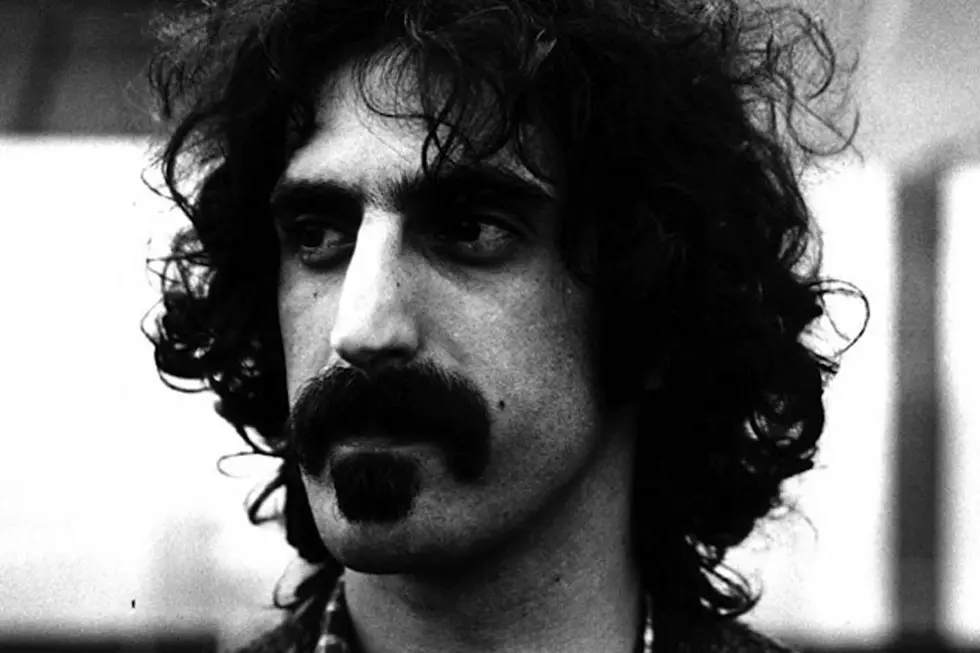
45 Years Ago: Frank Zappa Puts the Mothers Behind Him
Several months after the release of the fifth Mothers of Invention album, 'Uncle Meat,' in March 1969, Frank Zappa pulled the plug, at least for a while, on the band. When he resurfaced not long afterward with his second solo album, 'Hot Rats,' he sounded little like the bizarre innovator who had skewered the mainstream and counterculture alike with the Mothers. Yet this bold new direction was every bit as deviant as the previous one.
Zappa's first solo album, 1967's 'Lumpy Gravy' -- which came out between two classic Mothers records, 'Absolutely Free' and 'We're Only in It for the Money,' that pretty much sealed his legend -- wasn't all that different from the first two Mothers albums, once you get past the orchestral avant-whatever music on it. But with 'Hot Rats,' Zappa abandoned the political/cultural satires and in-studio freak-outs for a form of twisted instrumental jazz that would serve as a musical benchmark throughout his career.
At just six songs, with half of them clocking in at nine or more minutes each, 'Hot Rats' stacks fusion on top of blues on top of rock on top of whatever was going on inside of Zappa's head at the time. Only one song features vocals: 'Willie the Pimp,' in which Zappa pal and co-conspirator Captain Beefheart mouths some nonsense over the album's toughest, and most traditional, rock base for a couple minutes before disappearing. Other than that, this is early untethered Zappa testing his, and his audience's, limits.
At least he eases into it. Opener 'Peaches en Regalia' runs just a little more than three and a half minutes, and remains one of Zappa's most accessible, popular and inspired compositions. Combining live instruments (including clarinet, flute and saxophone, all supplied by Ian Underwood, the only member of the original Mothers to be appear on the album) and some studio trickery (Zappa's bass solo was recorded at half-speed to raise it an octave), the song essentially sets the record's template, as well as one that Zappa would actively evolve until his death.
And just as he defied the rules of pop, doo-wop and hippie music with the Mothers, Zappa discards jazz's traditional playbook on 'Hot Rats,' using multiple overdubs, manipulating tape speeds and generally taking the living-breathing element out of the music and giving it a piece of his mind. 'Hot Rats' is as much a studio creation as any album of its era.
It's also, despite its often complex musical passages and the nascent and sometimes groundbreaking recording technology Zappa employed, one of Zappa's listener-friendliest records. There are some breathtaking instrumental moments here, as well as some melodically inviting tracks that remove the album from so many other, and so often difficult, records in Zappa's extensive catalog.
Unfortunately, the buying public didn't agree. The album stalled at No. 173 on the chart -- a far turn from the No. 43 showing of 'Uncle Meat,' the LP that preceded it. Still, 'Hot Rats' gave Zappa the final, physical break from the Mothers that he needed at the time. He was getting pigeonholed in the role of master satirist; 'Hot Rats' was, partly, his coming out as a "serious" musician.
The following year, Zappa re-formed the Mothers, with only Underwood from the original group along for the ride. By the time that ride ended on Dec. 4, 1993, when Zappa died at the age of 52 of cancer, it had taken him on some wild and winding trips. 'Hot Rats' was one of the most significant stops along the way.
More From 92.9 WBUF










